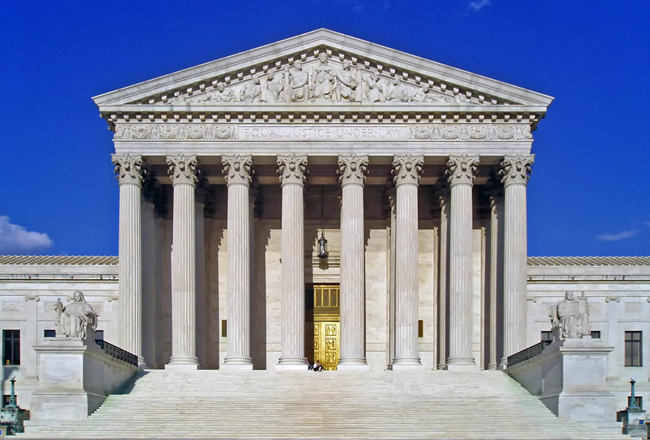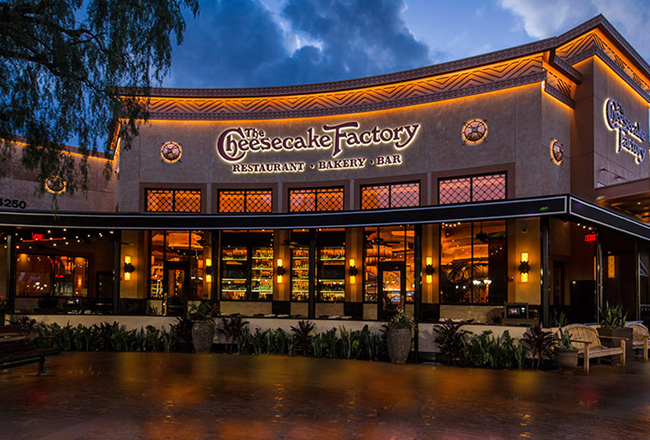Booking.com, a unit of Norwalk”™s Booking Holdings, won its case before the U.S. Supreme Court on whether it had the ability to trademark its name.
 Based in Amsterdam, Booking.com was acquired by Priceline Group (now Booking Holdings) in 2005. The company filed trademark applications with the U.S. Patent and Trademark Office in 2011 and 2016, but the federal agency rejected the applications in 2016 by stating the word “booking” was a generic term and adding a “.com” would not provide it with trademark protection.
Based in Amsterdam, Booking.com was acquired by Priceline Group (now Booking Holdings) in 2005. The company filed trademark applications with the U.S. Patent and Trademark Office in 2011 and 2016, but the federal agency rejected the applications in 2016 by stating the word “booking” was a generic term and adding a “.com” would not provide it with trademark protection.
Booking.com was successful in arguing its case in lower courts, and in its Supreme Court presentation it argued that trademark protection would “prevent competitors from opening storefront Booking.com travel agencies, or from diluting its brand by selling Booking.com-themed travel products in airport shops.”
The Supreme Court ruled 8-1 in Booking.com”™s favor, noting its name recognition with the general public. Justice Ruth Bader Ginsberg wrote in the majority, “Because ”˜Booking.com”™ is not a generic name to consumers, it is not generic.”
Justice Stephen Breyer veered away from his colleagues to write the dissent on the ruling, warning that the decision “lead to a proliferation of ‘generic.com’ marks, granting their owners a monopoly over a zone of useful, easy-to-remember domains.”
The case already made history as the first time Supreme Court’s conducted oral arguments by telephone, a situation required after the COVID-19 pandemic shut down federal buildings during the spring.


















